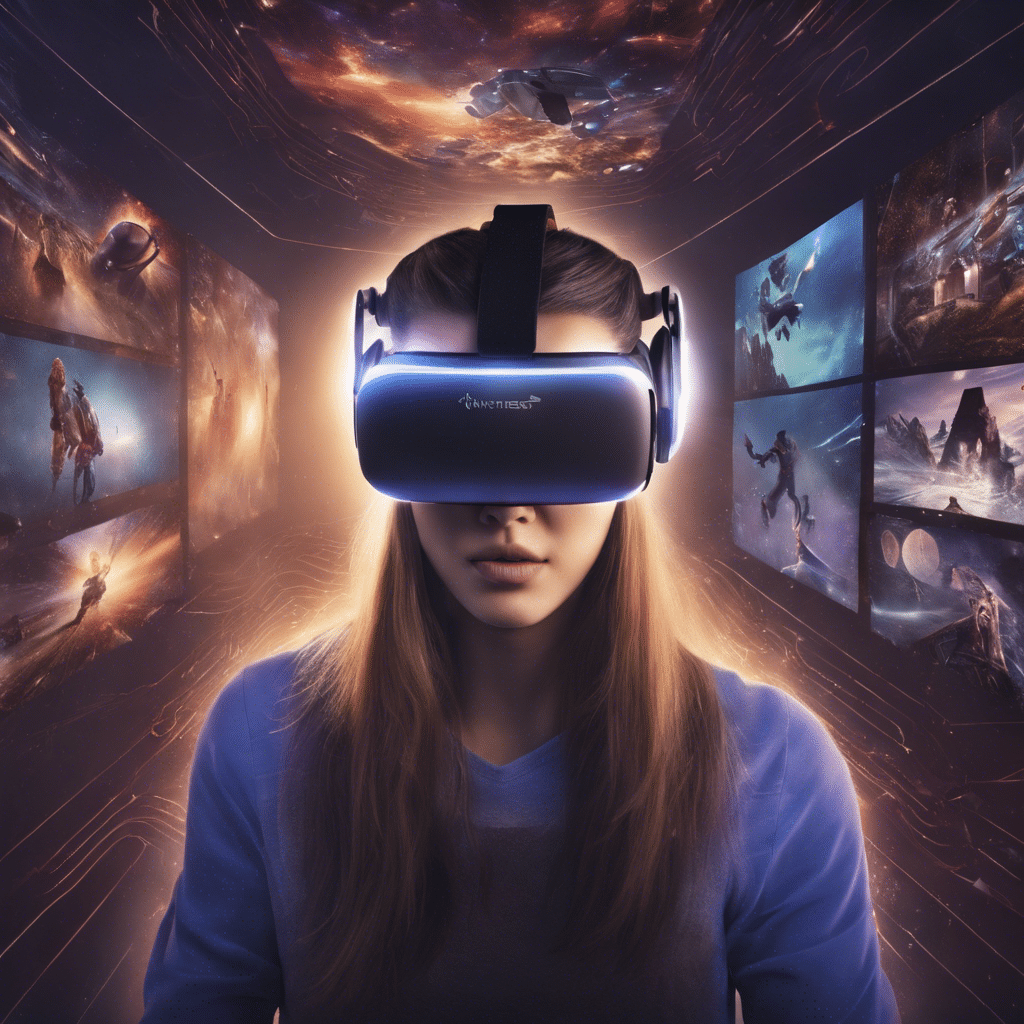CPOpen: Your Gateway to Current Affairs
Stay updated with the latest trends and insights across various topics.
Reality Check: Are We Living in a Virtual World?
Dive into the mind-bending question: Are we living in a virtual world? Explore the truth behind reality vs. illusion in this eye-opening blog!
Is Reality Just a Simulation? Exploring the Concept of a Virtual Existence
The intriguing question of Is Reality Just a Simulation? has captivated philosophers, scientists, and tech enthusiasts alike. Proposed by thinkers like Nick Bostrom, the simulation hypothesis suggests that our perceived reality could be an artificial construct, akin to a highly advanced virtual reality. This concept draws parallels to the advancements in technology, especially in virtual and augmented reality, where immersive experiences blur the lines between the virtual and the real. If we can create lifelike simulations, could it not be possible that we ourselves are living in one?
To consider the implications of a simulated existence, we must examine the various arguments both supporting and challenging this hypothesis. For instance, philosophical inquiries about consciousness and existence have long questioned the nature of reality. Some scholars argue that if we accept the notion of a simulation, it could lead to profound implications for ethics, society, and technology. These discussions not only explore the scientific ramifications but also delve into the existential questions of our purpose and the nature of our reality, stirring a unique blend of curiosity and skepticism.

The Science Behind Virtual Reality: Are We Living in a Digital Illusion?
Virtual reality (VR) is more than just an exciting technology; it represents a profound intersection of science and human perception. At its core, VR creates immersive environments that trick our senses into believing we are elsewhere. This is achieved through a combination of computer-generated imagery and real-time interactions that mimic physical sensations. According to research published by the Journal of Applied Psychology, these sensory inputs can significantly alter our emotional and cognitive responses, leading us to question the very nature of our realities.
The implications of virtual reality extend far beyond mere entertainment; they challenge our understanding of consciousness and existence. Some researchers propose that experiences in virtual environments can impact our perceptions, potentially leading us to feel as though we are living in a digital illusion. A study conducted by Frontiers in Psychology highlights the psychological effects of these environments, noting that prolonged exposure can alter brain function and social behaviors. As we continue to advance in VR technology, the question becomes not just if we can create realistic simulations, but how these experiences shape our understanding of reality.
Signs That Suggest Our World Might Be More Virtual Than Real
The notion that our world may be more virtual than real gains traction as we delve into the characteristics of modern technology and society. One of the most compelling signs is the increasing dependence on social media platforms, which shape our perceptions and interactions. As individuals curate their online personas, the distinction between reality and virtuality blurs. According to a Pew Research study, nearly 30% of adults have used online dating platforms, illustrating a cultural shift towards forming connections in digital realms rather than face-to-face. This phenomenon raises questions about the authenticity of relationships in a world where virtual interactions often overshadow physical encounters.
Another significant indicator is the rise of immersive technologies, such as virtual reality (VR) and augmented reality (AR). These innovations are not merely entertainment tools; they reshape how we experience the world. With gaming and interactive experiences integrating seamlessly into daily life, many find it increasingly challenging to differentiate between the virtual and the tangible. A recent report by Statista highlights that over 50% of respondents expressed interest in AR applications, which suggests a burgeoning desire to merge our lived experiences with virtual enhancements. The capability of VR and AR to simulate reality reinforces the notion that our perceptions may be influenced more by pixels than by physical experiences.